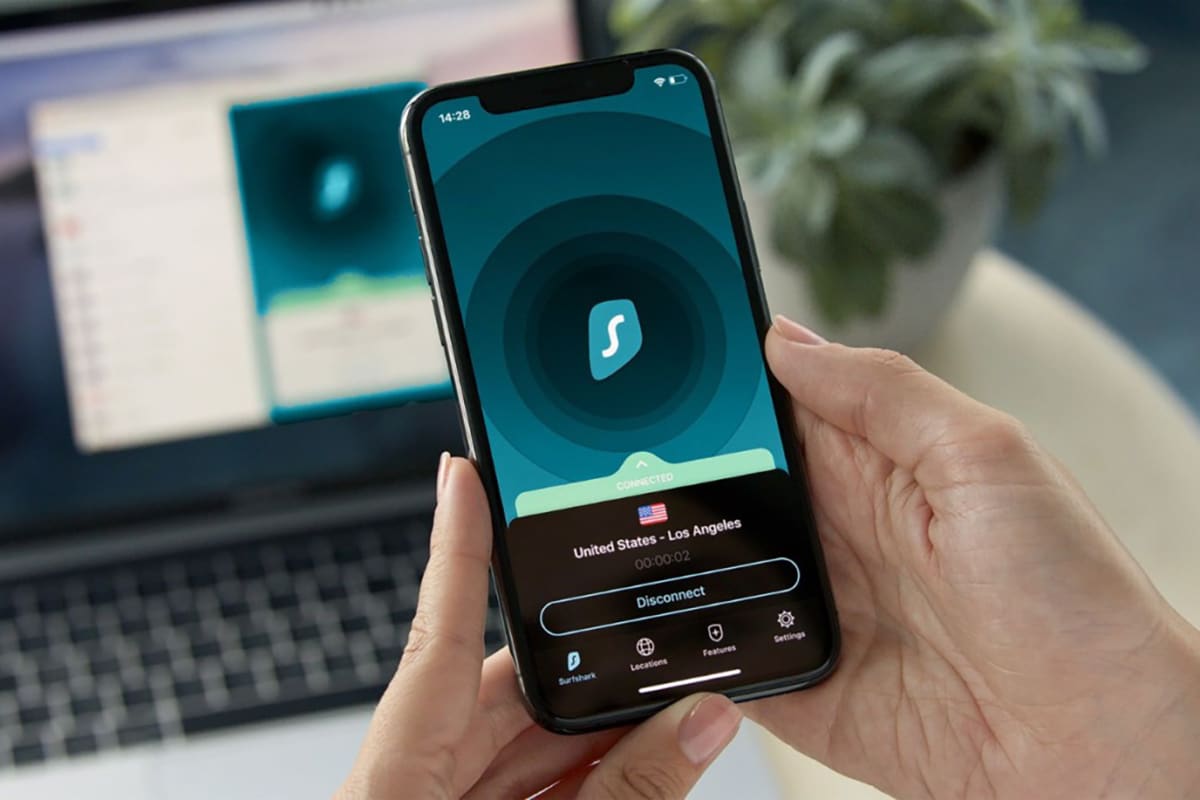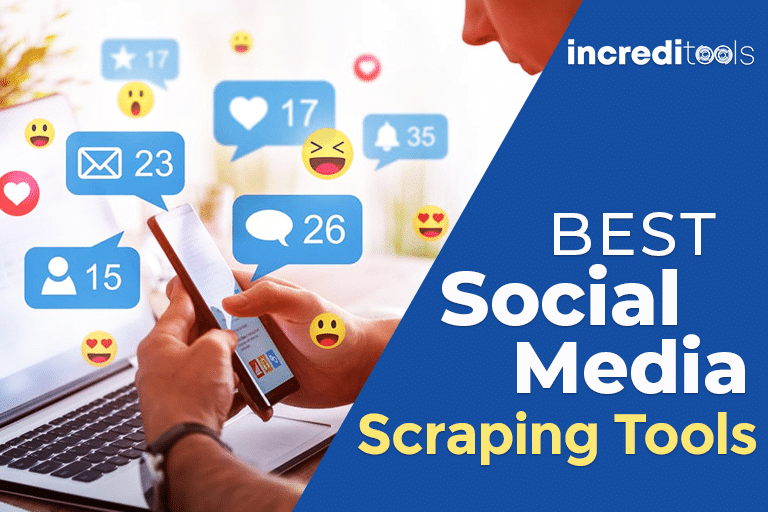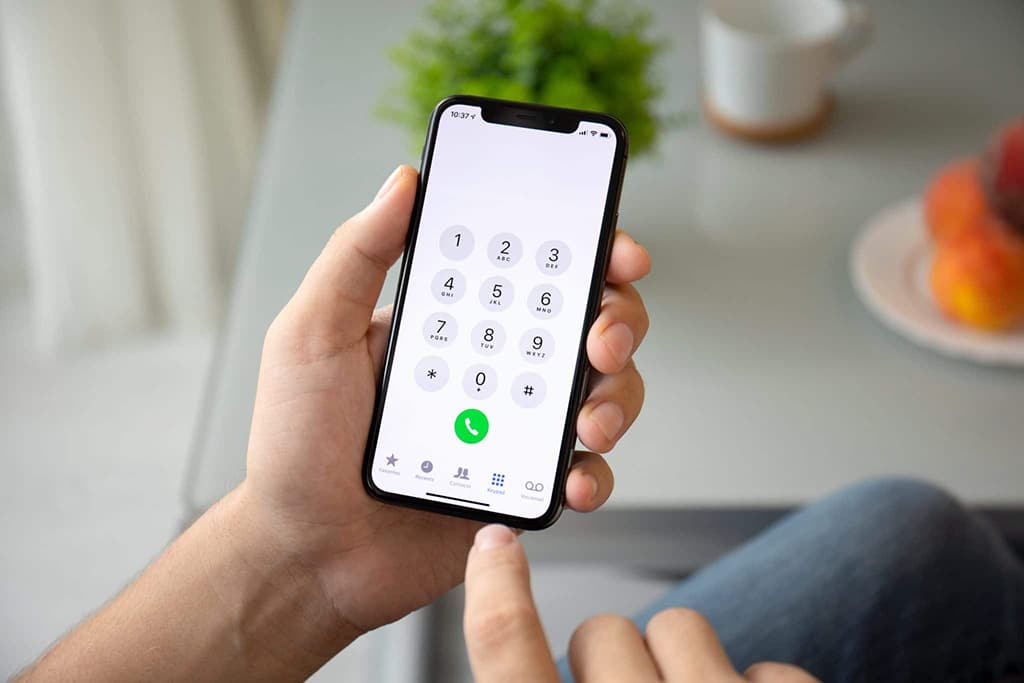Creating more than one Facebook account can be extremely useful for social media marketing, maintaining anonymity online, and managing multiple businesses. This comprehensive guide will teach you how to safely make multiple Facebook accounts in 2024 using proxies, bots, manual sign-ups, and more.
Why Have Multiple Accounts? The Pros and Cons
First, let‘s discuss why you may want multiple accounts and some risks to be aware of.
Benefits of Multiple Accounts:
- Run advertising campaigns and social campaigns for different businesses or purposes. Facebook limits ad accounts.
- Maintain anonymity for personal or professional reasons – keep connections separated.
- Use bots and automation tools which require multiple accounts to avoid bans.
- Geotarget accounts to specific locations and tailor content. 79% of marketers use geo-targeting for Facebook ads [1].
- Keep personal and professional life separate. Having work colleagues follow a personal account can be stressful.
Potential Risks:
- Account bans – All connected accounts can be banned for violating Facebook‘s Terms of Service.
- Disabled accounts – Facebook may disable accounts pending ID verification or suspected of being fake.
- Limited functionality – Restrictions may be placed like limits on posting, commenting, Lives, ads.
- Flagged activities – Fake engagement between accounts often gets flagged by AI monitoring.
- Time-consuming – Managing multiple accounts takes significant time and effort.
Facebook‘s Terms of Service explicitly prohibits having more than one personal account. So proceed with caution – use methods like proxies to avoid detection.
How Facebook Detects Fake Accounts
Facebook uses sophisticated technologies like artificial intelligence, machine learning, and pattern recognition to identify fake accounts and ban them [2]. Here are some signals Facebook looks for:
- IP address – Accounts coming from the same IP address signals one user.
- Linked information – Shared phone numbers, addresses, payment details, etc. can link accounts.
- Behavior patterns – Bots and fake accounts display similar engagement patterns Facebook recognizes.
- Impossible Travel – Activity from devices in different physical locations at impossible speeds.
- Account Information – Identical or similar names, profile photos, About sections etc.
Advanced algorithms combine these signals to score accounts on authenticity. So we need ways to mask our information…
Use Proxies to Conceal Your Identity
A proxy server acts as an intermediary that routes your web traffic through an external server, assigning you a new IP address in the process. This technique, known as IP rotation, is critical for creating accounts without detection.
Without a proxy, all your accounts will originate from the same IP address, signaling to Facebook that the activity is coming from one person. Proxies allow requests to appear from many different locations and devices.
Here is a comparison of the best proxy services to use for account creation:
| Provider | Locations | Speed | Pricing | Main Features |
|---|---|---|---|---|
| Oxylabs | 195+ | 1 Gbps | $300/mo – $500/mo based on usage | Enterprise grade, large IP pools, dedicated account manager |
| Bright Data | 70+ | 40 Mbps | $500+/mo for dedicated proxies | Feature-rich residential proxies, excellent success rates |
| SmartProxy | 195+ | 1 Gbps | $75+/mo depending on plan | 40+ million IPs, unlimited concurrent connections |
| ProxyEmpire | 60+ | 1 Gbps | $160+/mo | Datacenter proxies, unlimited rollover bandwidth |
| Proxy-Seller | 25 | 100 Mbps | $20+/mo | Budget residential proxies good for social media and internet marketing |
| Social Proxy | 50+ | 4G LTE | $230+/mo | Fast mobile proxies running on own private network with enhanced security |
Proxies support features like username/password authentication, SOCKS protocols, and SSL encryption to further anonymize activity.
Using a VPN for Multiple Accounts
A VPN, or virtual private network, can also change your IP address and location like a proxy. However, proxies are generally better for account automation because:
- VPNs assign you a shared IP making it easier to detect other VPN users.
- Proxies offer larger pools of thousands of IPs compared to most VPNs.
- Residential proxies come from home Wi-Fi networks, making them appear more authentic.
- Proxies are optimized for tasks like ad verification, data scraping, and managing accounts.
That said, VPNs provide strong all-round privacy and security. For limited manual creation, a VPN could work fine.
Bot Tools to Automate Account Creation
Account creator bots like PVA Creator can automate the process of making multiple accounts using proxies. Some key features:
- Creates Facebook accounts through proxies rapidly.
- Built-in anti-detection avoids Facebook fingerprinting.
- Supports adding friends, posting, managing profiles.
- Configurable settings for country, gender, proxies, avatars etc.
- Auto-solves CAPTCHAs during account registration.
The main downside to bots is cost. PVA Creator starts at $599 per month for 50 accounts – expensive for personal use. However, bots save huge time versus manual creation.
Manually Creating Accounts
If you just need 1-2 extra logins, manually creating accounts may be sufficient. Here are some best practices:
1. Register with different devices – Phones, laptops, and tablets appear as unique users.
2. Generate a unique email – Avoid connecting the same phone number and use a temporary email service.
3. Use proxies/VPNs – Mask your IP and location when registering each account.
4. Clear cookies and cache – Prevent linking the accounts via browser data.
5. Build authentic profiles – Add a profile pic, fill out About section, make some posts.
6. Avoid identical friends/interests – Don‘t follow the exact same Pages or add all the same friends.
7. Enable 2FA – Add two-factor authentication via SMS or Google Authenticator for security.
8. Limit account linkages – Don‘t use the same payment methods or other traceable info.
9. Post consistently – Interact regularly to seem like real profiles. Avoid bot-like behavior.
Here is a step-by-step example of manually registering an account on desktop:
[image guide for account creation]Take the time to make each account convincing and limit obvious connections between them.
Tracking Metrics and Analytics
For social media marketing purposes, you‘ll want to track analytics across your accounts. Facebook offers the Creator Studio for Pages – a dashboard for insights on audience growth, engagements, post reach and more.
Third-party social media management tools like Hootsuite also enable businesses to manage multiple Facebook accounts from one unified dashboard. Track performance in real-time and schedule content across profiles.
Using UTM tracking parameters on links is another way to gather data on the impact of posts across accounts. Just be sure to segment analysis for accurate attributed.
Facebook‘s Policy on Multiple Accounts
It‘s important to reiterate that multiple personal accounts violates Facebook‘s Terms of Service. Section 3.2 states [3]:
"You will not create more than one personal account. If we disable your account, you will not create another one without our permission."
Facebook reserves the right to disable any accounts determined to be duplicates or violating their policies. While the methods in this guide aim to minimize detection, there is always risk involved with having multiple accounts.
Conclusion
When executed carefully using proxies, bots, and manual techniques, creating multiple Facebook accounts is achievable for personal and business goals. However, avoid blatantly violating Facebook‘s policies, as this risks account bans. For businesses, Facebook Pages are the sanctioned alternative to stay compliant. In moderation, extra accounts can provide more anonymity and advertising targeting options if you take the right precautions. Just be vigilant about Facebook‘s AI technologies designed to catch fake accounts. With the right security measures, you can successfully operate multiple accounts in 2024 and beyond.
Sources
- [Survey on marketers using geo-targeting]
- [Article on Facebook fake account detection]
- [Facebook Terms of Service]




